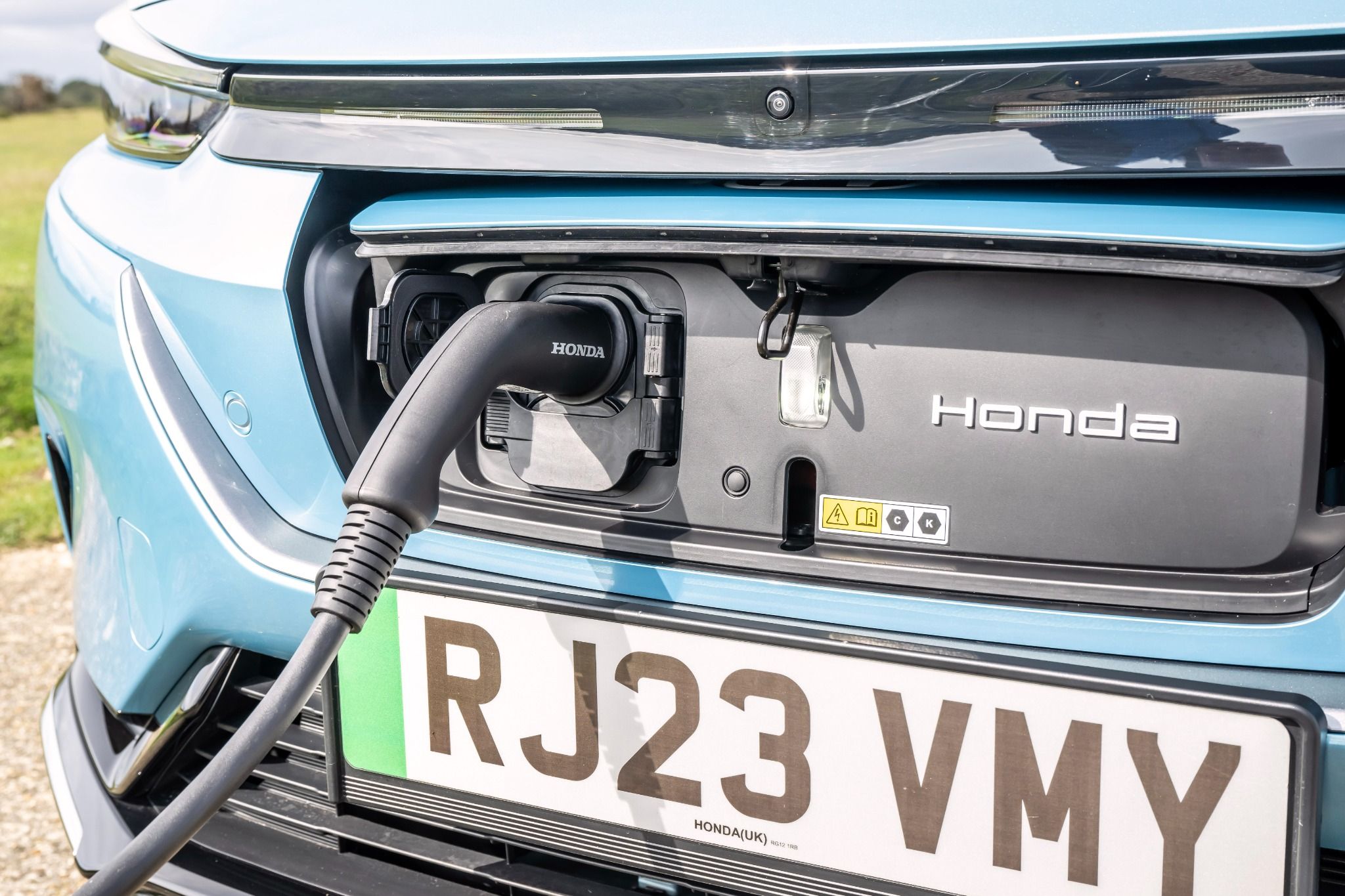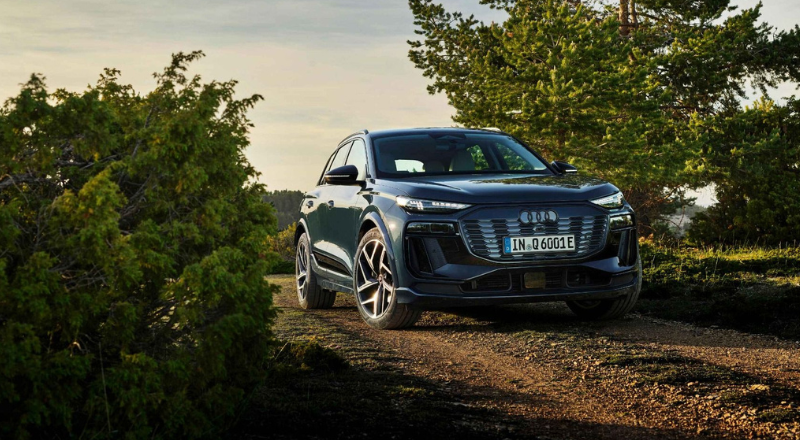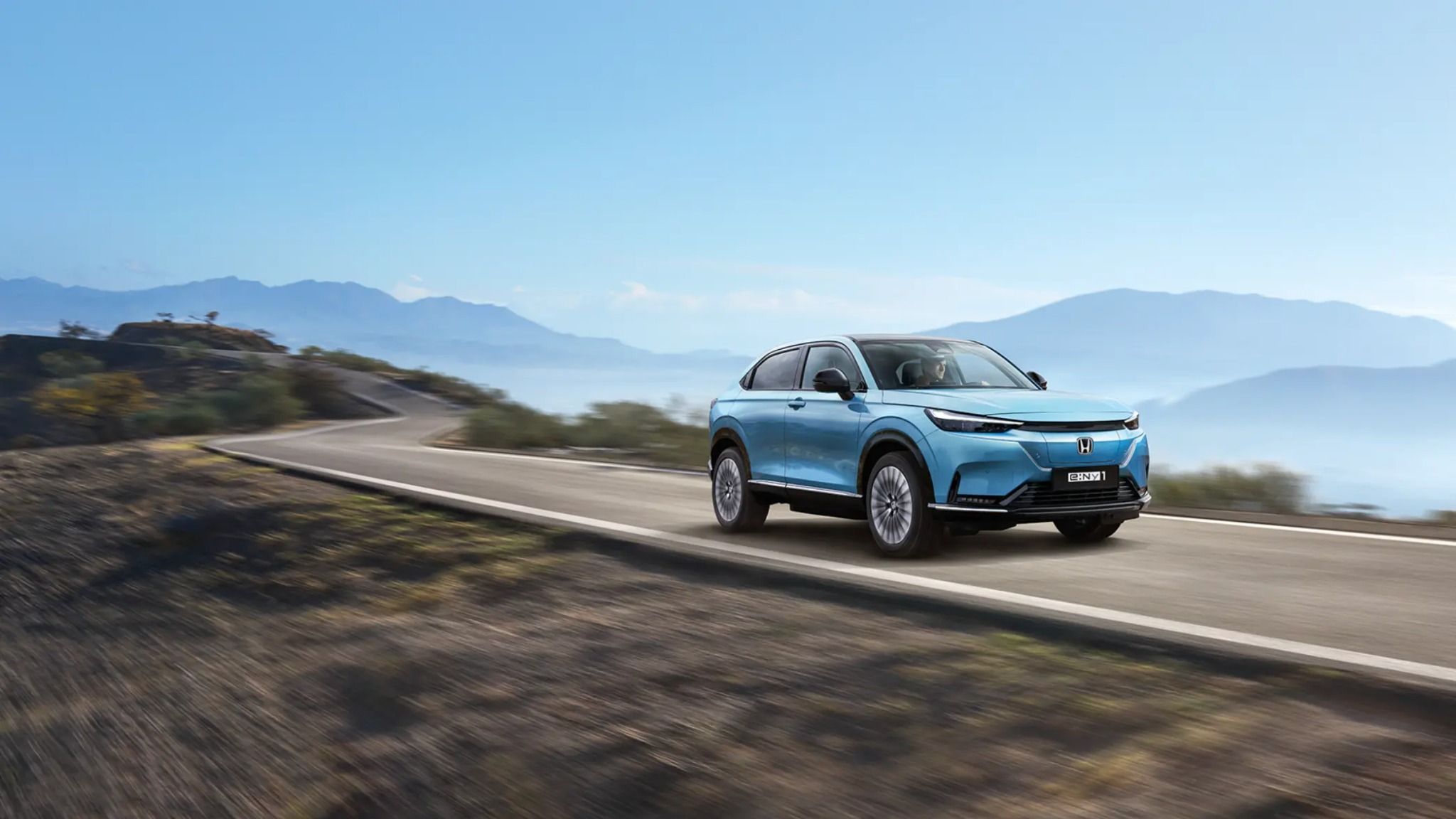Electric vehicles are becoming much more popular on the UK roads. With the increase in new vehicle sales, there’s no surprise that used car pitches are starting to become increasingly more likely to have additional EV stock.
With zero CO2 emissions when driving, quieter journeys, simpler maintenance, and the freedom to drive through city-centre low-emission zones without a care, it's no wonder many are eager to make the switch to electric.
As demand increases, so do waiting times for new models, making used electric cars an increasingly attractive option for those looking for their next car. There are additional things to consider when purchasing a second-hand electric vehicle, here’s what you need to know.

Understanding Battery Condition
The most important component of an electric car is the battery, it not only determines the value of the vehicle due to its high production costs but also its performance and longevity. Unlike assessing a traditional car's engine condition, understanding an EV's battery health isn't straightforward.
It is important to have the battery professionally tested in a workshop to understand its usable capacity. If you are purchasing from a main dealer such as Audi or Volkswagen, this check will be incorporated before the vehicle is advertised.
It is important to remember, the battery's age isn’t the only factor effecting the condition. Charging habits, exposure to extreme temperatures, and even the car’s onboard battery management system can affect its health.
Inspect Charging Accessories and Cables
Beyond the battery, ensuring that the charging accessories and cables are in good working order is compulsory to avoid additional expenses post-purchase. A faulty cable could also mean the vehicle would fail previous and future MOT’s, making this a necessary check.
Visually inspect cables for signs of wear or damage, but remember to never touch the bright orange cables.


Tyres and Suspension
The instant torque and heavier weight of electric vehicles can lead to faster tyre wear and additional strain on the suspension and shock absorbers. However, it’s worth noting that electric cars generally have fewer wear parts compared to their internal combustion counterparts, meaning lower overall maintenance costs.
The Essential Test Drive
Before committing, a comprehensive test drive is crucial. Start with a fully charged battery and reset the on-board computer to gauge the car's range accurately. Simulate your typical driving style and routes as closely as possible to ensure the EV meets your daily needs.
If this is your first electric vehicle purchase, a test drive is especially important as the driving style is completely different to a traditional petrol or diesel motor.

Buying a used electric car can be a smart move for those looking to enjoy the benefits of electric driving without the wait for a new model. By focusing on the battery, checking necessary accessories, inspecting the vehicle thoroughly, and taking an informative test drive, you can make an informed decision that aligns with your lifestyle and driving needs.
Electric cars represent not just a change in how we drive, but in how we think about mobility. By choosing a used electric car, you're not only making an eco-friendly choice but also joining the vanguard of drivers leading the charge towards a greener future on the roads.